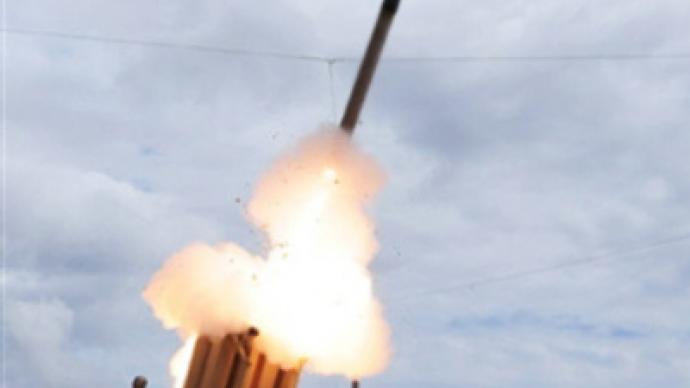Chances high for Russia, U.S. to end missile defense dispute – official

Moscow and Washington have a good chance to settle the dispute over thorny issues such as anti-missile defense and strategic nuclear weapons, Russia’s Foreign Ministry has said.
Andrey Nesterenko, the Ministry’s spokesperson, told a briefing on Thursday:
“We hope that, after a new administration has come to power in the USA, a positive pace will prevail in our relations.”
“At least the results of our first contacts are encouraging,” he added.
Nesterenko said both sides have ``every opportunity'' to reach an agreement that would end their dispute over the Bush administration's plans to deploy an anti-missile shield in Eastern Europe – ten interceptors in Poland and a radar station in the Czech Republic.
The U.S. claims the shield is meant for protection from so-called ‘rouge’ states like Iran. Moscow, however, says it would threaten Russia’s national security and would not work as an effective defense tool.
According to Nesterenko, Moscow’s concerns over the role of the U.S. anti-missile shield have still not been cleared.
“We cannot but take into consideration this factor in our foreign policy. And our reaction is not a phobia but the result of a military-technical analysis,” he added.
The diplomat also said the two countries should negotiate a successor deal to the Strategic Arms Reduction Treaty (START) signed in 1991 and which expires in December this year.
“We proceed from the fact that it is counter-productive to mechanically prolong the existing treaty,” he said. “It is necessary to take all the best from the existing agreement, for example the mechanism of verification, but put lower 'ceilings' for delivery vehicles and warheads,” Nesterenko added.
Recently U.S. Secretary of State Hillary Clinton and Russian Foreign Minister Sergey Lavrov pushed the symbolic 'reset plunger' at a meeting in Geneva, thus 'activating' a brand new day in U.S.-Russian relations.
“Those of us who support the idea of close Russia-U.S. relations are encouraged that the relationship is going to become better now,” says former U.S Secretary of State James Baker who is visiting Moscow.














